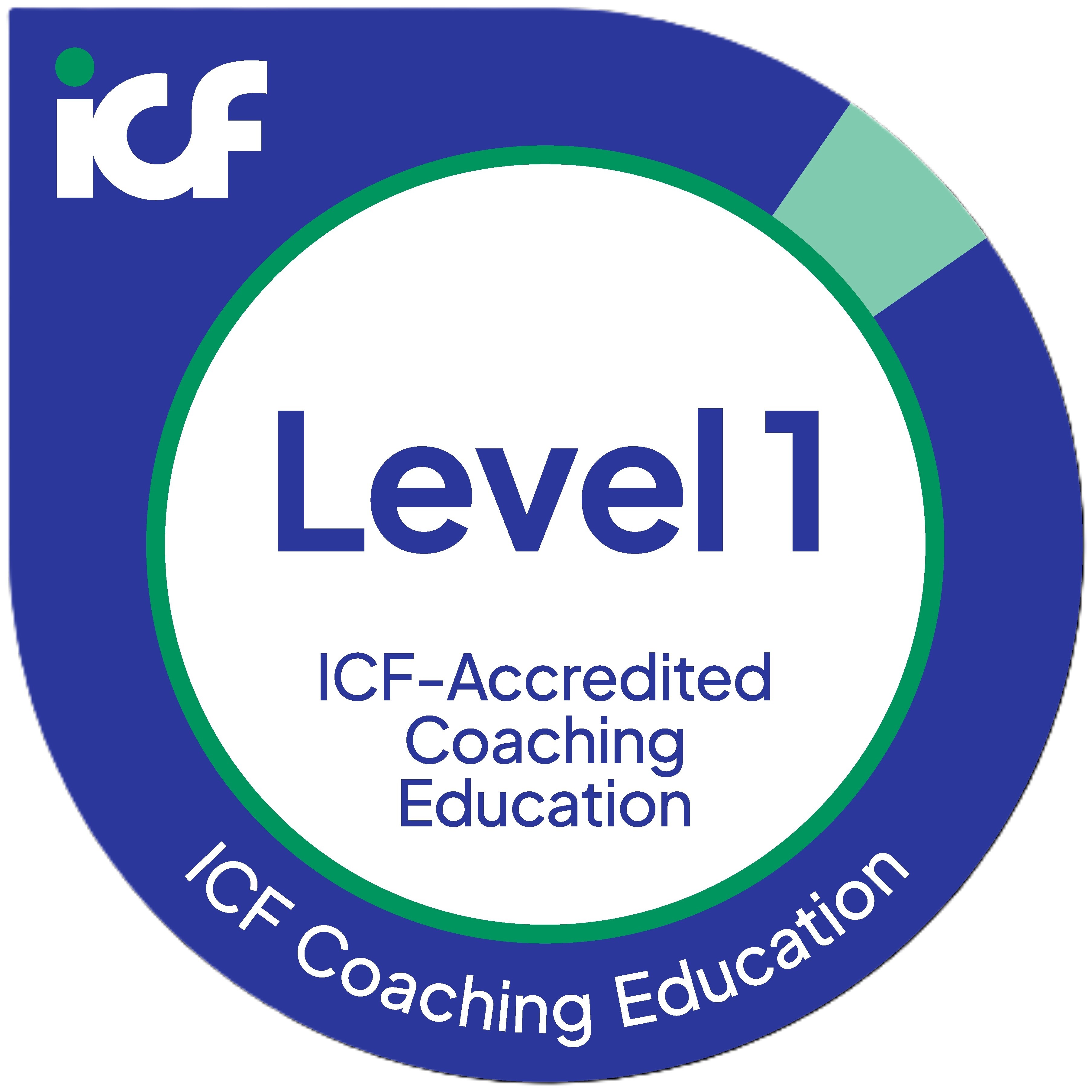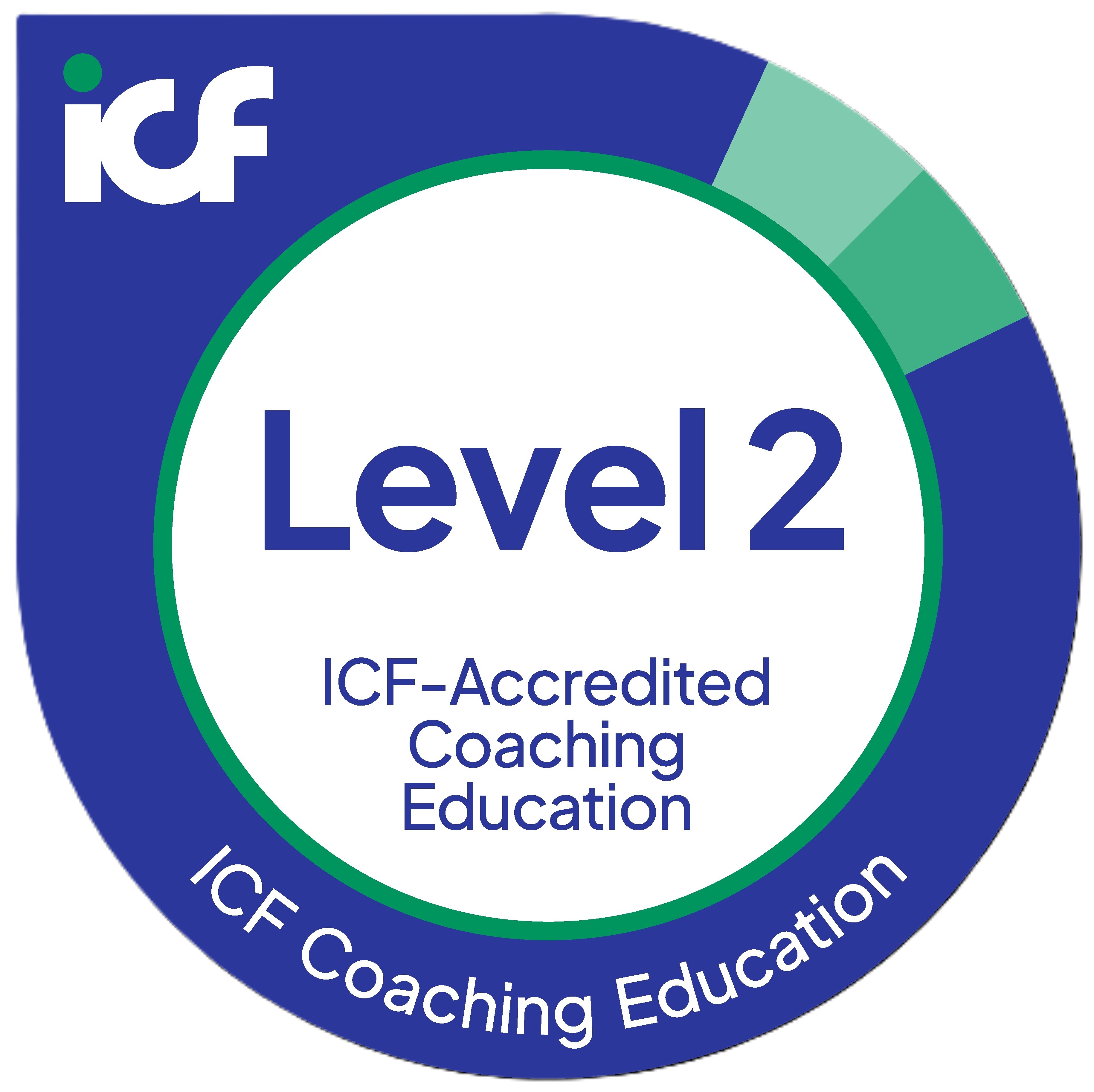COURSE FDNCA
Coach Approach
This 20-hour course serves as the primary course for the 30-Hour Board Certified Coach training program, and incorporates core content from our 40 hour Foundational Course. It provides students with core coaching competencies, techniques and professional practice standards.
The Coach Approach course focuses on the skills used by professional coaches, covering the definition of coaching; the distinctions between counseling, therapy, and coaching; the ethics of coaching; and a strong focus on the development of the basic coaching skills or core competencies, including but not limited to creating rapport, reframing, open questions, and active listening, and goal setting.
Learning is developed both through readings, in class experiential and observational learning, reinforced through weekly Peer Coaching sessions. To gain the most out of this learning experience, students will be asked to prepare for and participate in two teleclasses per week (1 hour each), complete post-class assignments and participate in 1 weekly Peer Group "practice" session (also 1 hour). The total estimated time commitment per week is 4 to 5 hours. Students must complete a written exam of 70% or better in order to successfully pass this course.
Areas directly addressed include:
- Fundamental coaching skills
- Ethical and professional practice
- Differences between coaching and other theraputic approaches
- Screening and orientation
- Best practices for working with individuals and organizations
- Explain coaching processes to client, establishing coaching agreements
- Providing coaching via distance technologies
- Facilitate client development of decision making skills
- Assist clients in their role transitions
- Facilitate client use of resources in coaching (books, articles, skills, habits etc)
- Apply standards of practice of coaching
LEARNING OBJECTIVES
By the completion of the Coach Approach course, students will:
- Be familiar with and comfortable with basic coaching skills and methods that enable you to serve as a coach.
- Develop an understanding of the evidence-based theories, philosophies, and models on which the profession of coaching is based and be able to explain the process of coaching to a client.
- Understand and apply the ethical standards of the profession of coaching in your work with clients.
- Be able to use basic methods and strategies for personal coaching and for corporate/business coaching.
- Be able to design your coaching business distinct from your counseling or therapy practice and the ethical issues which must be considered.
- Identify the transferable skills that form your background and what non-transferable skills, methods, habits, and orientations you need to leave behind.
Meets the requirements for 20 of the 30 hours of training for qualified individuals who plan to pursue Board Certified Coach credential (BCC).
Required Textbook
Becoming a Professional Life Coach: The Art and Science of a Whole-Person Approach
By Dr. Patrick Williams, MCC, BCC
Frequency: This course is offered 6 or 7 times each year.
Course Prerequisites
- A Doctorate degree, or Masters in Counseling, licensure as a counselor, or NCC
Register for this course
Select a class term from the list below.
Date March 2, 2026 - May 6, 2026
Time 1:00 pm ET - 2:00 pm ET
Day Monday, Wednesday
Type Video Conference
Faculty Anne Shields, MS, BCC, PCC
Date April 21, 2026 - June 30, 2026
Time 6:00 pm ET - 7:00 pm ET
Day Tuesday, Thursday
Type Video Conference
Faculty Jonathan Armel, M.Ed., MCC, BCC, NBC-HWC
Testimonials
The Coach Approach class exceeded my expectations! It has ignited my excitement about transitioning into life coaching as a path that will enable me to continue to work with people from a strengths based approach that can fulfill their dreams and hopes as well as my own. I have learned the power of not trying to generate solutions for clients, but to instead facilitate their own awareness through a process of powerful questioning, providing opportunities for silent reflection, and encouraging clients to determine the types of actions they can and will commit to taking in order to achieve their personal goals.
- Orit B.
I am very pleased with the Coach Approach course and Diana’s superb instruction, and feel that it was the foundation for life coaching that I had truly hoped for and needed!
- Alan H.
I have only the most positive remarks for the Coach Approach course. The course exceeded my expectations and Diana was an exceptional teacher and coach. I thank her for all I learned through her teaching, examples, and time she took to answer our questions.
- Griselda B.




